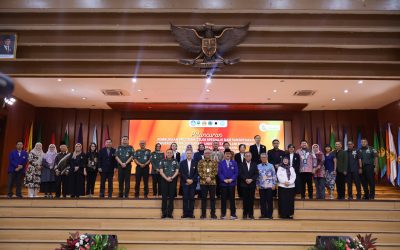In reconstructive surgery, venous flaps are a crucial option but are often hampered by ischemia–reperfusion injury. A recent study led by Rani Septrina from Universitas Padjadjaran investigated how ischemic preconditioning (IPC) could improve outcomes in arterialized venous flaps, with a special focus on temperature monitoring as a predictive factor. The team explored whether brief cycles of ischemia before surgery could enhance flap survival.
The researchers designed a series of experiments in animal models, applying IPC protocols under different thermal conditions. They found that controlled hypothermia during the preconditioning phase produced a more protective effect against reperfusion injury, while normothermic settings provided less consistent results. These findings emphasize the importance of temperature as a modifiable variable during microsurgical procedures.
Interestingly, the study highlighted that ischemic preconditioning works by triggering cellular defense mechanisms, reducing oxidative stress, and preserving microvascular integrity. In the arterialized venous flap, where venous drainage is already precarious, these effects proved vital.
Temperature monitoring emerged as more than a supportive parameter—it became a predictor of flap viability. The authors argue that intraoperative thermal control could be integrated into surgical monitoring systems, offering real-time indicators of ischemic tolerance.
Ultimately, the research underscores the potential for IPC to expand the reliability of venous flaps in reconstructive microsurgery. If translated into clinical practice, such protocols could reduce complication rates, shorten hospital stays, and improve functional and aesthetic outcomes for patients.
This study contributes directly to SDG 3: Good Health and Well-Being by improving surgical safety and outcomes, while also touching on SDG 9: Industry, Innovation, and Infrastructure through the development of new surgical monitoring strategies. Universitas Padjadjaran’s work strengthens Indonesia’s visibility in global biomedical innovation and reinforces the university’s role in the THE Impact Rankings.





0 Comments